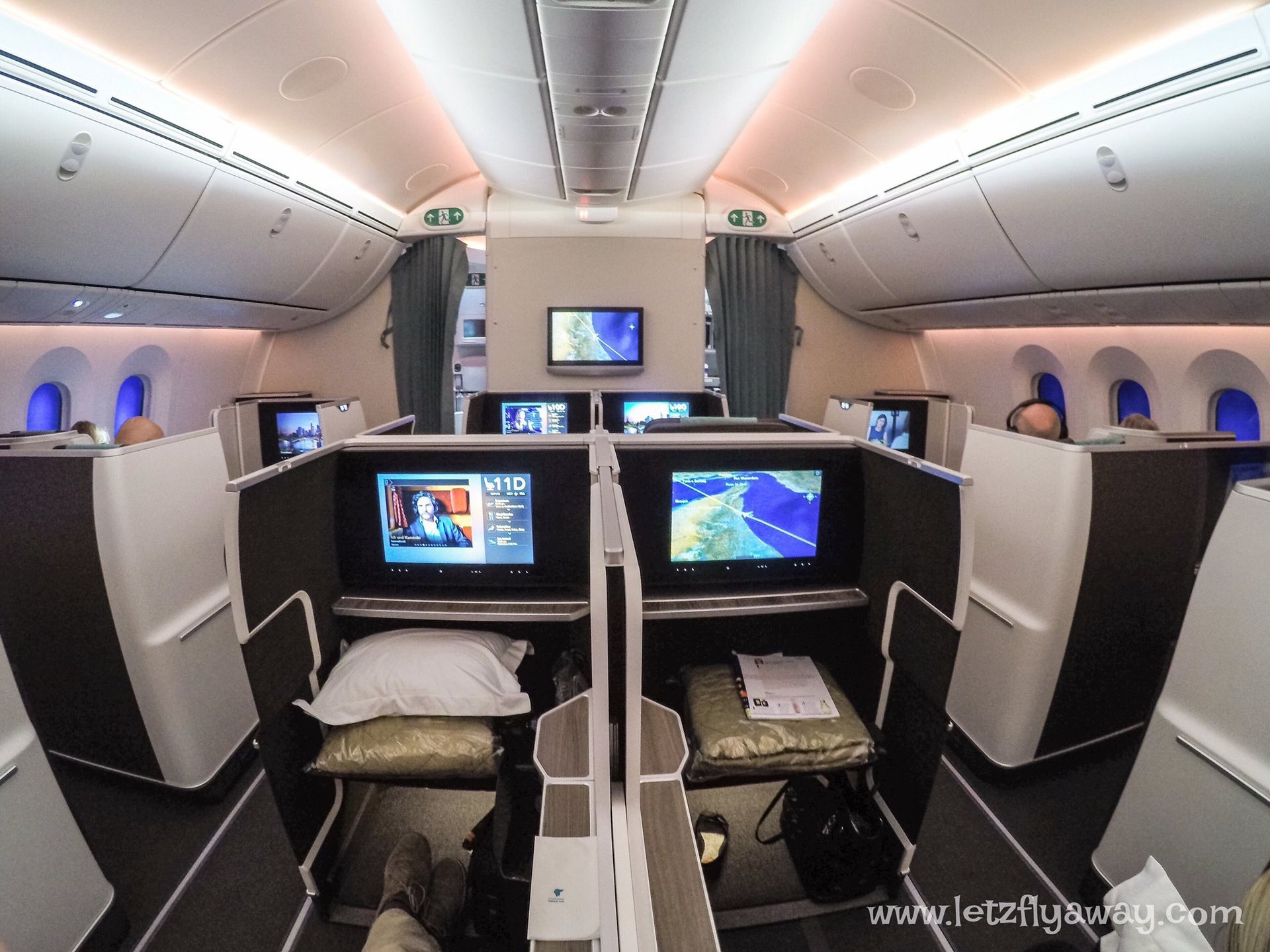 General
General
Common Questions and Myths About CPAP Machines
Understanding CPAP Machines
If you or a loved one suffers from sleep apnea, you may have heard of CPAP machines. Continuous Positive Airway Pressure (CPAP) therapy is a widely recommended treatment for sleep apnea, a common sleep disorder characterized by pauses in breathing during sleep. While CPAP machines can provide significant relief and improve quality of life, there are still many questions and misconceptions surrounding their use. In this article, we aim to address common questions and debunk myths about CPAP machines.
Are CPAP Machines Uncomfortable to Wear?
One of the most frequently asked questions about CPAP machines is whether they are uncomfortable to wear during sleep. While it may take some time to adjust to wearing a mask or nasal cannula, most people find that the discomfort is minimal compared to the benefits they experience. Modern CPAP machines are designed with user comfort in mind, and there are various mask styles and sizes available to accommodate different preferences and needs. It is important to work closely with a healthcare professional to find the right mask and fit for you.
Do CPAP Machines Cure Sleep Apnea?
A common misconception is that CPAP machines cure sleep apnea. While CPAP therapy is highly effective in managing the symptoms of sleep apnea, it is not a cure. Sleep apnea is a chronic condition that requires ongoing treatment. CPAP machines work by delivering a continuous flow of air pressure to keep the airway open during sleep. By doing so, they prevent the collapse of the airway that causes breathing pauses. It is important to use CPAP therapy consistently and as prescribed by your healthcare provider to effectively manage sleep apnea.
CPAP Machines Are Noisy, Right?
Another myth about CPAP machines is that they are excessively noisy and will disrupt the sleep of the user or their bed partner. While early models of CPAP machines may have been louder, modern machines are designed to operate quietly. Manufacturers have invested in noise reduction technology, making CPAP machines much quieter and more comfortable to use. In fact, many users report that the noise is barely noticeable once they become accustomed to it. If you are concerned about noise, look for a CPAP machine with a low decibel rating and consider using a white noise machine or earplugs to further reduce any noise disturbance.
Can CPAP Machines Be Used on Airplanes?
Traveling with a CPAP machine is a common concern for individuals who require sleep apnea treatment. The good news is that most airlines allow passengers to carry their CPAP machines on board. However, it is important to check with the airline beforehand regarding any specific requirements or restrictions. Generally, CPAP machines are considered essential medical equipment and are exempt from the usual carry-on limitations. It is advisable to inform the airline in advance and carry a doctor’s prescription or letter stating the medical necessity of the CPAP machine.
Are CPAP Machines Covered by Insurance?
Many individuals wonder whether CPAP machines are covered by insurance. The answer is generally yes. Most health insurance plans, including Medicare, cover CPAP therapy for medically diagnosed sleep apnea. However, coverage may vary depending on the specific plan and provider. It is essential to contact your insurance company and verify the coverage details, including any copayments or deductibles that may apply. Additionally, some insurance plans may require prior authorization or documentation from your healthcare provider before approving coverage.
Conclusion
CPAP machines play a vital role in the treatment of sleep apnea, a condition that affects millions of people worldwide. By dispelling common misconceptions and addressing frequently asked questions, we hope to provide a better understanding of CPAP machines. Remember, if you have any concerns or questions about CPAP therapy, it is always best to consult with a healthcare professional. With the right support and knowledge, CPAP therapy can significantly improve the quality of sleep and overall well-being for individuals with sleep apnea. Broaden your comprehension of the subject by exploring this external site we’ve carefully chosen for you. 睡眠窒息症, obtain a fuller understanding of the subject addressed.
Interested in learning more? Check out the related posts we’ve prepared to broaden your understanding:





































